Key Takeaways at a Glance:
-
Stem cell therapies in Bangkok show potential to slow MS progression and reduce symptoms
-
2025 evaluations highlight improvements in mobility, fatigue, and overall well-being
-
Leading clinics follow strict safety standards, combining advanced protocols with holistic patient care
-
Expert doctors and ongoing research refine treatments, increasing long-term success rates
A New Frontier for MS Care
Multiple Sclerosis (MS) is a chronic, often disabling disease of the central nervous system. Traditionally, patients rely on immunomodulatory drugs to slow progression and manage symptoms. By 2025, however, Bangkok has positioned itself as a beacon of innovative stem cell therapies for MS. These treatments aim not only to reduce flare-ups but also to rebuild the protective myelin sheath around nerves, potentially transforming how patients experience daily life.
In recent years, Bangkok’s medical community has embraced new research, international partnerships, and rigorous safety measures. This synergy enables clinics and doctors to offer treatments that may slow MS progression more effectively than conventional approaches. Below, we break down the latest findings, patient experiences, top clinics, trusted doctors, and the broader context that makes Bangkok a go-to destination for those seeking cutting-edge MS care.
Understanding Stem Cell Therapy for MS
MS occurs when the immune system attacks the fatty myelin coating that shields nerves in the brain and spinal cord. Without adequate protection, nerve signals become disrupted, leading to symptoms such as fatigue, weakness, vision problems, and difficulty with balance and coordination.
Stem cell therapy for MS typically involves using mesenchymal stem cells (MSCs) derived from sources like bone marrow or umbilical cord tissue. Once administered, these cells may:
-
Reduce Inflammation: MSCs release factors that calm the immune system, potentially preventing new lesions.
-
Promote Remyelination: Stem cells may encourage the repair or replacement of damaged myelin, helping restore nerve function.
-
Improve Overall Neural Environment: They may assist in creating conditions that support neural health, potentially improving mobility, energy levels, and quality of life.
While not yet a standard MS cure, 2025 data suggests these therapies are increasingly effective as clinics refine their methods and understand which patient groups benefit most.
2025 Outcomes: What Are Patients Experiencing?
Evaluations of stem cell therapy outcomes for MS patients in Bangkok highlight several key trends:
1. Slowing Disease Progression:
Patients often report fewer severe relapses over time. While MS remains a chronic condition, some individuals notice that new lesions appear less frequently, and existing symptoms stabilize.
2. Improved Mobility and Balance:
Stiffness, muscle weakness, and coordination problems sometimes ease after treatment. Patients may walk longer distances, require fewer supports, or regain the ability to perform daily tasks with greater independence.
3. Reduced Fatigue and Brain Fog:
Fatigue is a persistent complaint among MS patients. Early reports from Bangkok’s 2025 data indicate that many experience enhanced stamina, less daytime sleepiness, and clearer thinking, which translates into a better mood and more fulfilling personal interactions.
4. Enhanced Quality of Life:
Beyond clinical metrics, patients value being able to enjoy hobbies, engage in social activities, or return to work. Regaining even partial functionality can make a profound difference, offering hope and emotional resilience.
It’s important to note that results vary widely. Factors like disease stage, prior treatments, and lifestyle all play roles. Nevertheless, these positive trends demonstrate that Bangkok’s approach yields tangible gains.
Leading Bangkok Clinics for MS Stem Cell Therapy
Thailand’s capital hosts several top-tier clinics renowned for their commitment to safety, efficacy, and patient comfort. By 2025, three centers stand out for their consistent results and patient satisfaction:
Vega Stem Cell Clinic
Why Vega?
-
Incorporates cutting-edge regenerative medicine protocols specific to MS
-
Customizes treatment plans, taking into account individual symptom profiles and disease history
-
Provides thorough follow-up care, ensuring ongoing support and monitoring
Highlights:
-
Patient coordinators who guide individuals through every step—consultation, therapy, travel
-
English-speaking staff and transparent communication
-
Focus on integrating rehab and lifestyle counseling to maximize improvements
Beike Biotech
Why Beike?
-
Internationally recognized, with a long history in regenerative therapies
-
Collaborates with global research bodies to refine MS treatment protocols
-
Offers a range of supportive services, from accommodations to customized dietary plans
Highlights:
-
Committed to ethical sourcing and quality control of stem cells
-
Provides comprehensive patient education, so clients understand potential outcomes and any associated risks
-
Constantly updates treatment methods based on the latest MS research
STEMCERA by Vega Stem Cell
Why STEMCERA?
-
Specializes in applying the newest clinical findings directly to patient care
-
Runs ongoing trials to improve stem cell therapies for MS and other neurological conditions
-
Emphasizes a holistic approach—combining cell therapy with nutritional guidance, physical therapy, and psychological support
Highlights:
-
Rigorously adheres to international safety standards
-
Engages patients and families in decision-making, ensuring tailored interventions
-
Offers detailed treatment outcome tracking, enabling adjustments as needed
These clinics provide a blend of innovative treatments, compassionate care, and an understanding of each patient’s unique journey with MS.
Expert Doctors Leading the Way
Expertise matters. Bangkok’s stem cell therapy doctors combine research acumen, clinical experience, and patient empathy:
Dr. Surasak Jirapornchai |
Dr. Chollawat Thongthaisi |
Dr. Sean Hu |
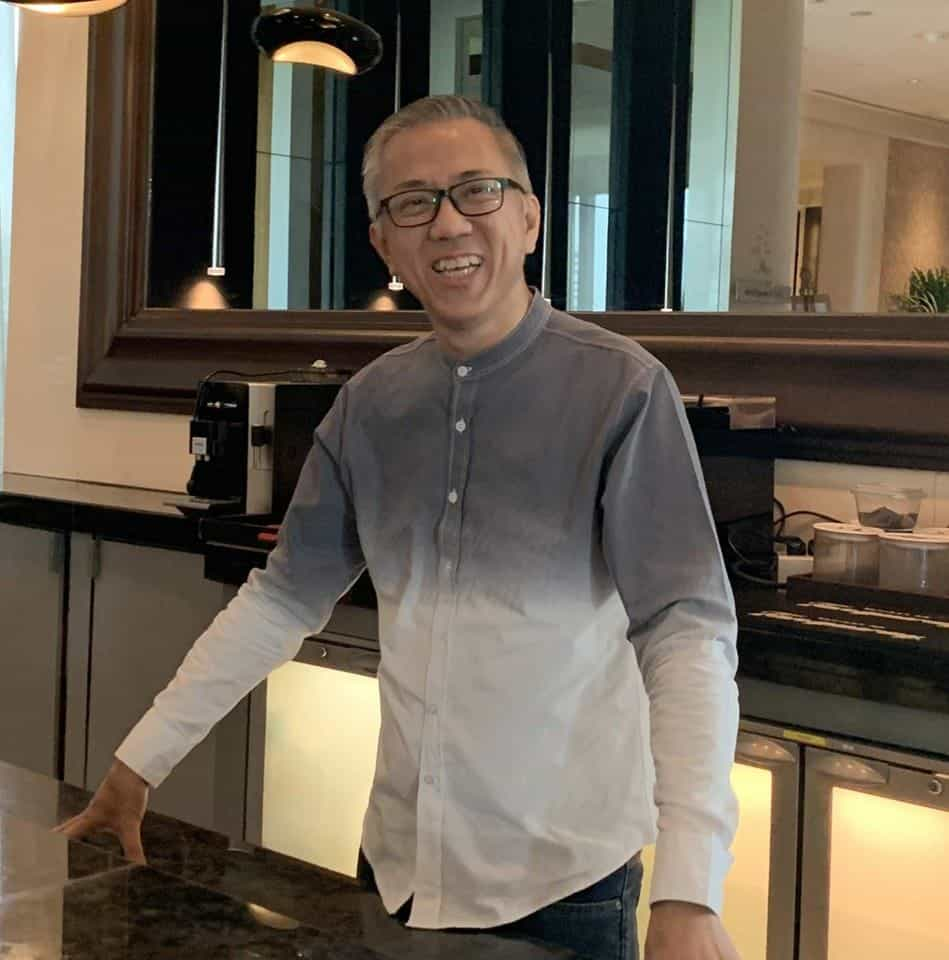 |
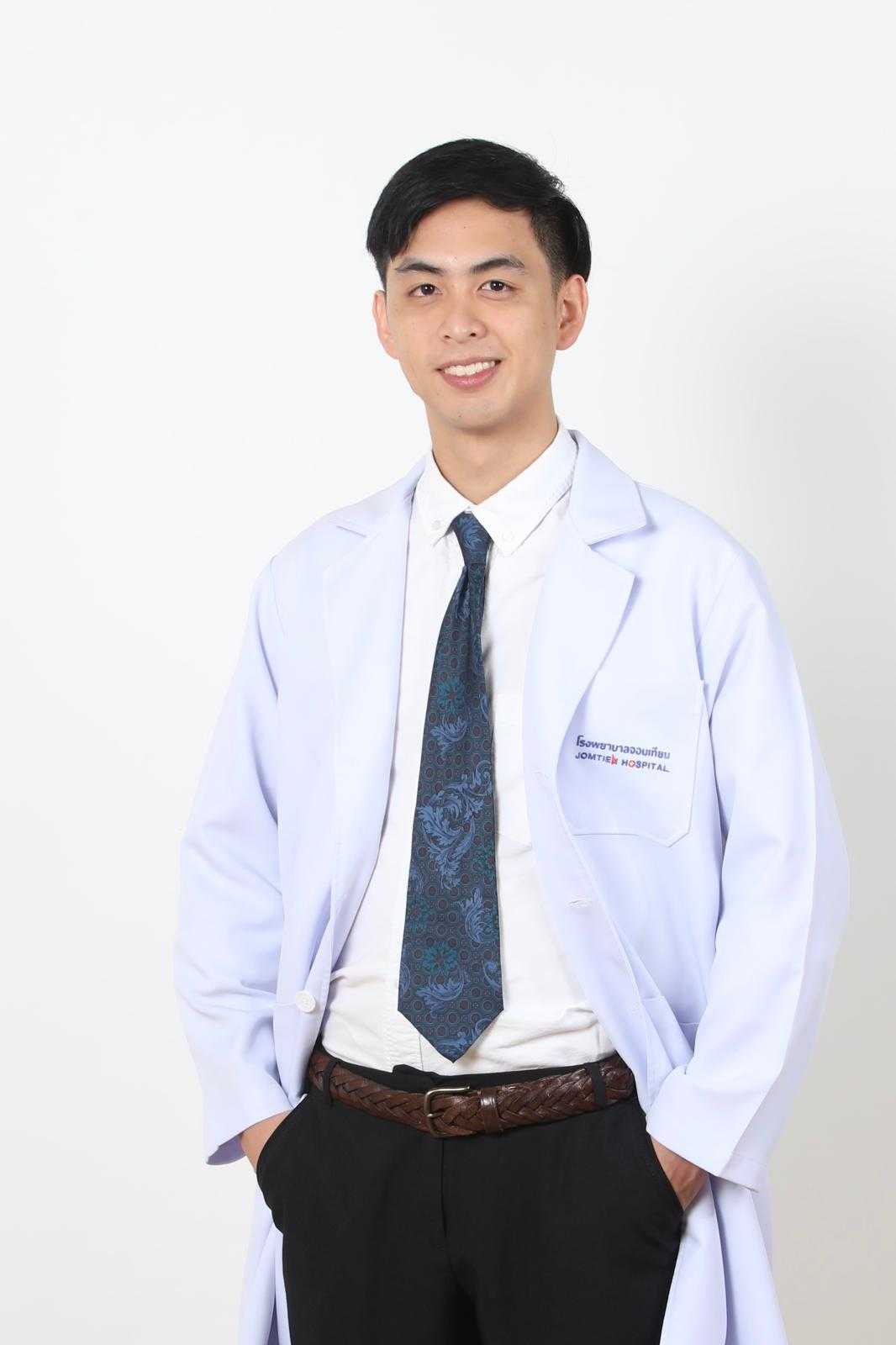 |
 |
-
Focuses on clear communication, ensuring patients understand therapy goals and potential timelines
-
Regularly attends international conferences, keeping treatments aligned with global best practices
-
Believes in integrating family input to shape effective, personalized treatment plans
-
Tailors stem cell protocols to suit a patient’s disease stage and symptom profile
-
Collaborates with therapists and nutritionists to create comprehensive care strategies
-
Encourages open dialogue, making patients partners in their healing journey
-
Prioritizes patient comfort, minimizing side effects and ensuring smooth follow-ups
-
Continuously evaluates patient outcomes to refine dosage, cell type, and administration route
-
Strives for consistency and reliability, ensuring patients see tangible gains over time
These doctors represent the human element behind the advanced science. They guide patients through complex choices, celebrate improvements, and offer reassurance during challenging moments.

.png)





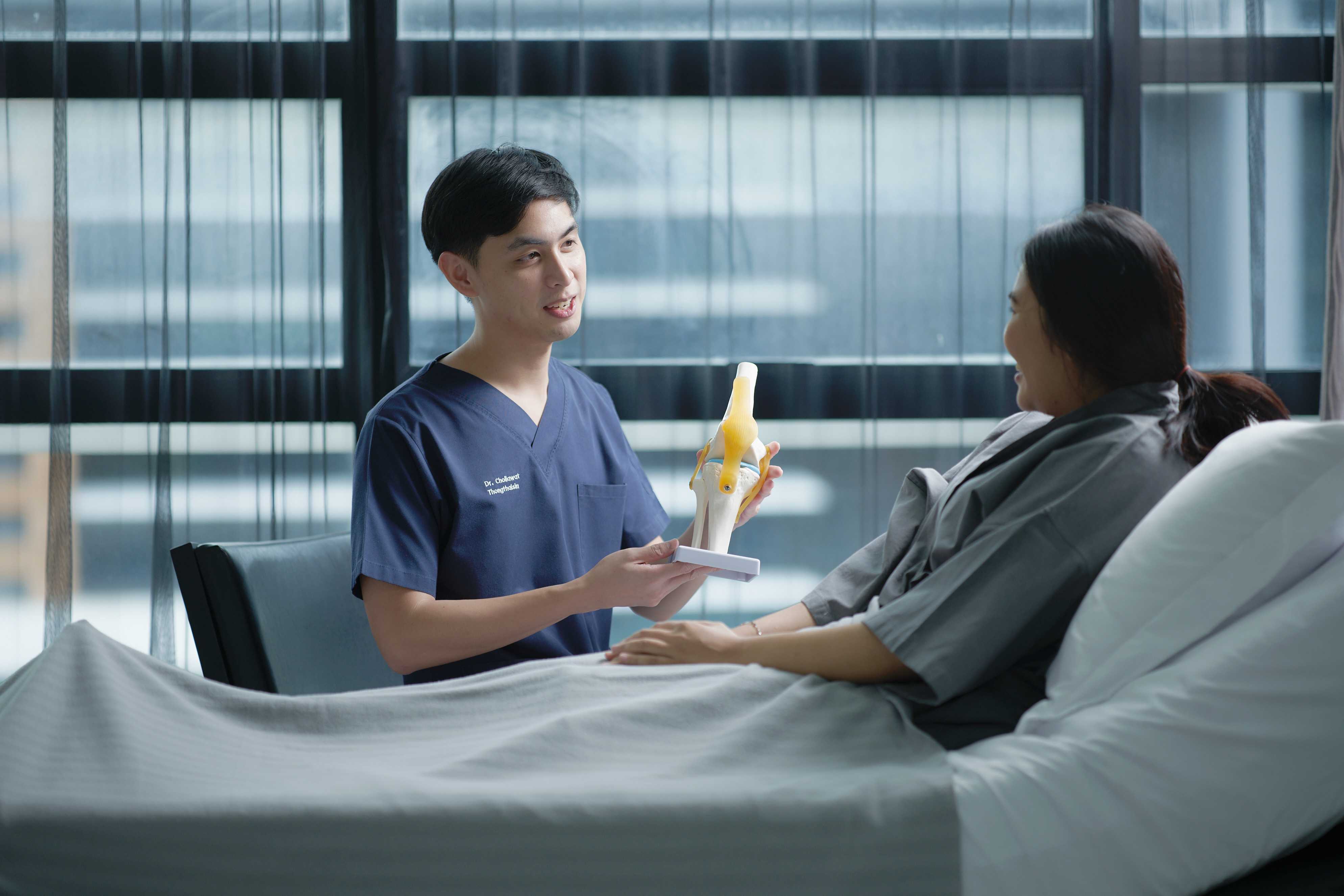


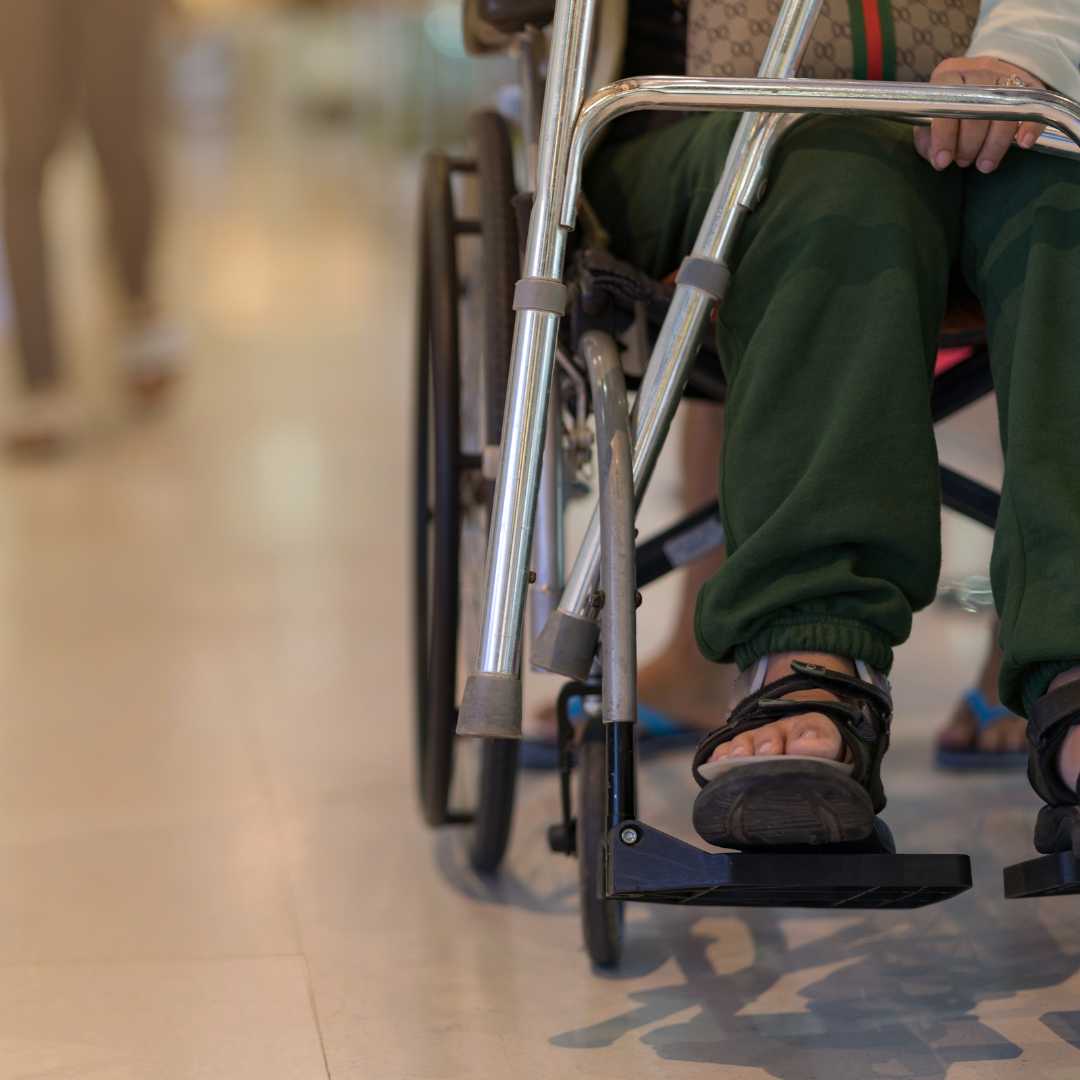


.png)

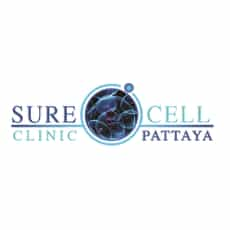


Share this listing